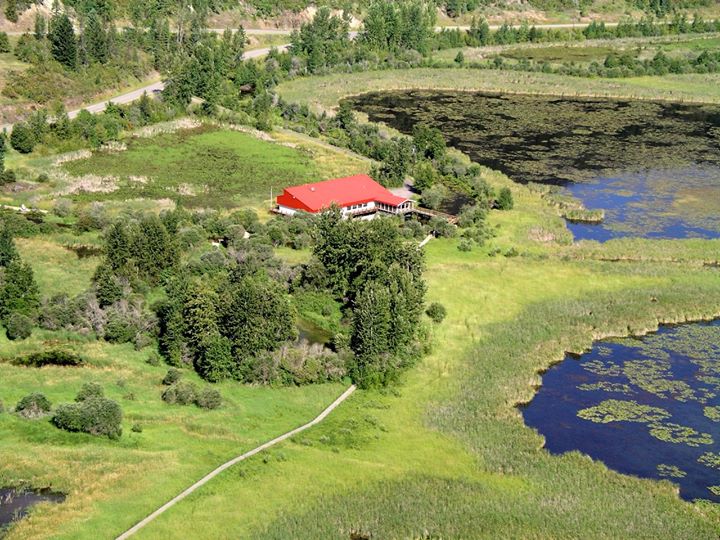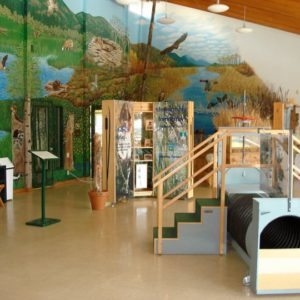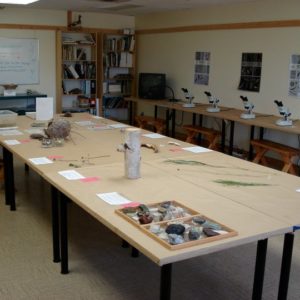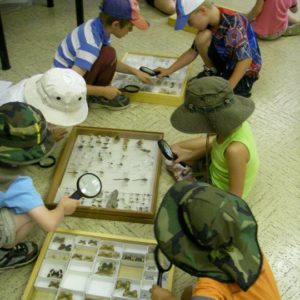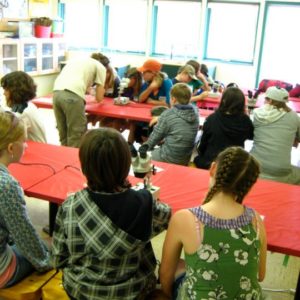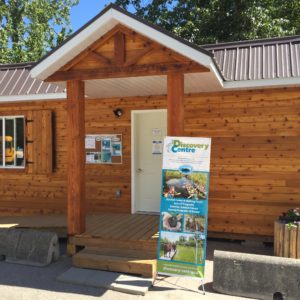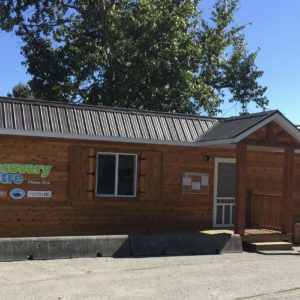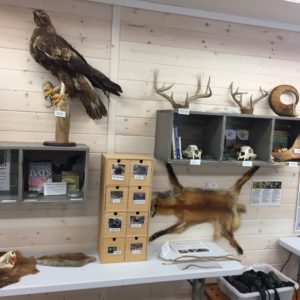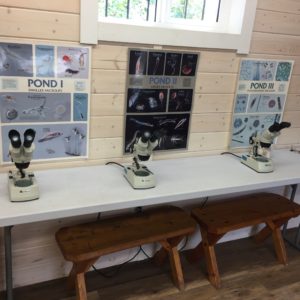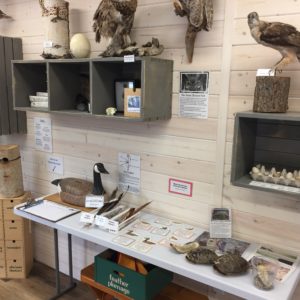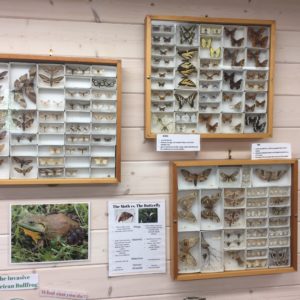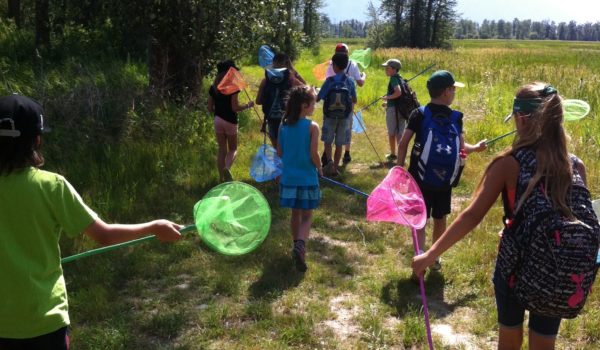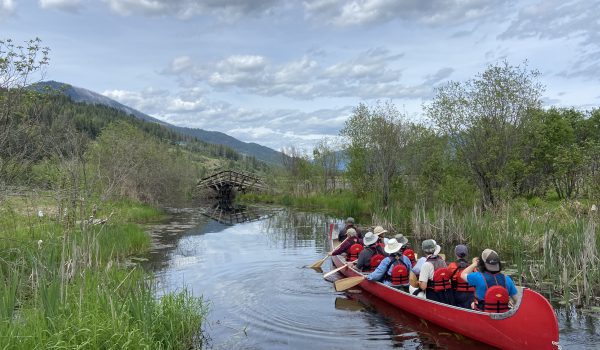Background
The Community Recognizes a Special Place
In the early 1960’s, the B.C. Wildlife Federation and West Kootenay Association of Rod and Gun Clubs tried to purchase parts of the wetland for conservation purposes. Although they did not succeed, their persistence led to legislation which created the Creston Valley Wildlife Area (CVWMA) and the creation of an Authority to maintain and develop it.
The CVWMA is located in the Creston Valley in southern British Columbia, situated on the traditional territory of the Ktunaxa Nation. Its 7,000 hectares of wetland is habitat for hundreds of species of flora and fauna, including over 300 species of birds, 60 of mammals, 17 of fish and 6 each of reptiles and amphibians. It has been designated a wetland of international importance under the UNESCO Ramsar Convention.
Through the collaborative efforts of local and regional wildlife conservation groups, Ducks Unlimited, B.C. Hydro and the federal and provincial governments, the wetland was modified to enhance waterfowl habitat and at the same time created trails to allow for human activities such as hiking, biking, snowshoeing and cross-country skiing.
In 1974, an Interpretive Centre was constructed on the site by the Canadian Wildlife Service with the help of local contractors. It was used to house exhibits and displays of local flora and fauna, and to provide environmental awareness and education programs to children and adults from the spring to the late fall seasons. In the early 1980s the Canadian Wildlife service withdrew from operating the Interpretive Centre and the Wildlife Management Authority took over its management.
The Interpretive Centre was a very successful component of the Authority’s efforts to preserve the wetland through education and awareness programs. Visitors to the wetland numbered between 30,000 and 40,000per year and thousands of school aged children attended the educational programs.
Despite the designation of the wetland as a wetland of international importance under the UNESCO Ramsar treaty in 1994, the Federal Government ceased funding operation of the Centre and the provincial government cut funding by 50% the following year.
Community Support Saves the Interpretive Centre
In 1997, Creston Valley residents formed a working group aided by local business leaders and B.C. Hydro and fundraised $300,000 to save the Centre from closing. With additional public grant funds, the Interpretive Centre continued offering educational programs and hosting visitors from around the province, Canada and the world.
Over the next several years, despite ongoing community use and support, the Interpretive Centre, then 40 years old, fell into disrepair and its future became doubtful.
The Community Steps-up Again
In 2014 a stakeholder group led by (then) Area C Director, Larry Binks, along with representatives from the Federal, Provincial, regional and local governments, the Lower Kootenay Band, local businesses and environmental non-profit organizations was formed to determine the fate of the aging Interpretive Centre.
The key findings of the consultancy were that the Interpretive Centre’s life cycle was near expiry and that support for the Interpretive Centre and its programs was widespread across public, private, economic and cultural sectors of the Creston Valley.
The stakeholder group decided that a community non-profit organization should be created to take-up the challenge of developing a new Interpretive Centre and preserving the tradition of environmental awareness and educational programming in the Creston Valley.
Who We Are
The new non-profit was headed by local resident Murray Oswald. The first task the group undertook was to decide on a name. The name “Discovery-Centre” was chosen because it was conceived as a centre of environmental learning and a means of introducing visitors to the biodiversity of the region and its importance to First Nations’ culture.
Kootenay Columbia Discovery Centre Society (KCDCS) became a registered society in 2015, with the Mission to promote and provide environmental education and awareness programs and activities in the Kootenay-Columbia region and the Vision to develop and operate a new Centre. KCDCS achieved charitable status in 2018.
Our current volunteer Board of Directors is composed from diverse educational, economic and cultural backgrounds. We employ a professional, experienced, environmental educator. What binds us is our commitment to our Mission and Vision and the belief that through community participation and collaboration, all of us can have a positive impact on how our environment is managed and, as a result, share in the benefits that wise stewardship brings!
KCDCS is Part of Your Community
In October 2017 the Interpretive Centre was permanently closed. The closure could have resulted in the loss of environmental education programs. Once again, concerned community members, namely our Board of Directors, with funding from the Columbia Basin Trust (CBT), built a 650 square foot building to house a few exhibits and educational equipment to continue program delivery. The CBT’s financial support, together with additional funding and collaboration from the CVWMA, enabled us to continue program delivery while developing a plan for the new Centre.
Community Support Continues
We have conducted public outreach through press releases, media interviews, presentations to service clubs and attending information kiosks at farmers’ markets and community fairs and events in the Creston Valley.
We also developed a website and have a presence on Facebook, Twitter and Instagram.
As of November 2020, we have 1,000 Members! Membership is free right now. Every membership sends a message to our donors that environmental education and a new Discovery Centre is important and widely supported.
We are in the process of conducting a mailout to people throughout the region, asking for support and offering free memberships.
Continuation of environmental education programs is important to the health of our environment and all human beings. A new Discovery Centre is vital to attracting people to those programs and to showcasing local and regional environmental and cultural attractions.
For more information about the new Discovery Centre, go here.

